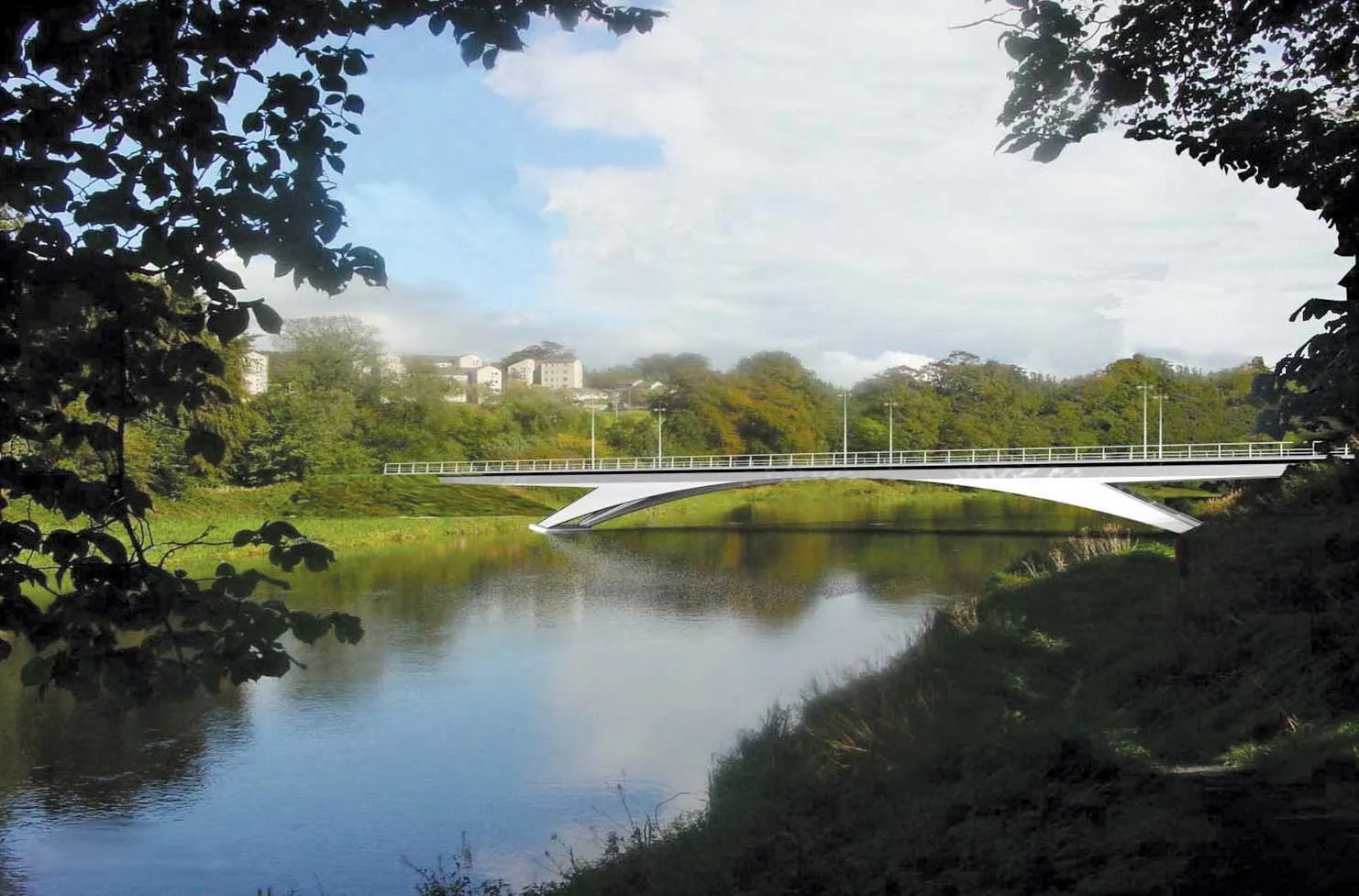The project to build the new highway link from Kenya’s capital Nairobi to the city’s Jomo Kenyatta International Airport (JKIA) is now expected to cost US$579 million. This represents an increase of around $206 million from the pricetag originally expected for the link. This cost increase comes despite a substantial change in the design, with the route now featuring a series of flyover sections and underpasses, instead of being elevated along its 43.5km length as originally proposed. This redesign will allow future widening work to be carried out to further increase capacity, given the anticipated continuing growth in Kenya’s vehicle ownership and traffic volumes. This change to the design also makes constructing the necessary interchanges easier and less costly.
The project is being managed by the Kenya National Highways Authority (KeNHA), with financing for the first stretch being supplied by the African Development Bank (AfDB) and from the World Bank for the final section. The route will be tolled and will also feature dedicated lanes for buses.
The project was first proposed over 10 years ago but progress ground to a halt due to insufficient funding. The plans were then dusted off following the availability of new funding sources. Austrian contractor Strabag originally won the deal to build and operate the route but there were concerns over its financing model and the arrangement was cancelled. However, the construction of the project is being carried out in three stages, with Chinese contractor China Wu Yi building one of the sections.
Kenyan capital’s key connection construction contract cost climbs
The project to build the new highway link from Kenya’s capital Nairobi to the city’s Jomo Kenyatta International Airport (JKIA) is now expected to cost US$579 million. This represents an increase of around $206 million from the pricetag originally expected for the link. This cost increase comes despite a substantial change in the design, with the route now featuring a series of flyover sections and underpasses, instead of being elevated along its 43.5km length as originally proposed. This redesign will
February 27, 2018
Read time: 2 mins






